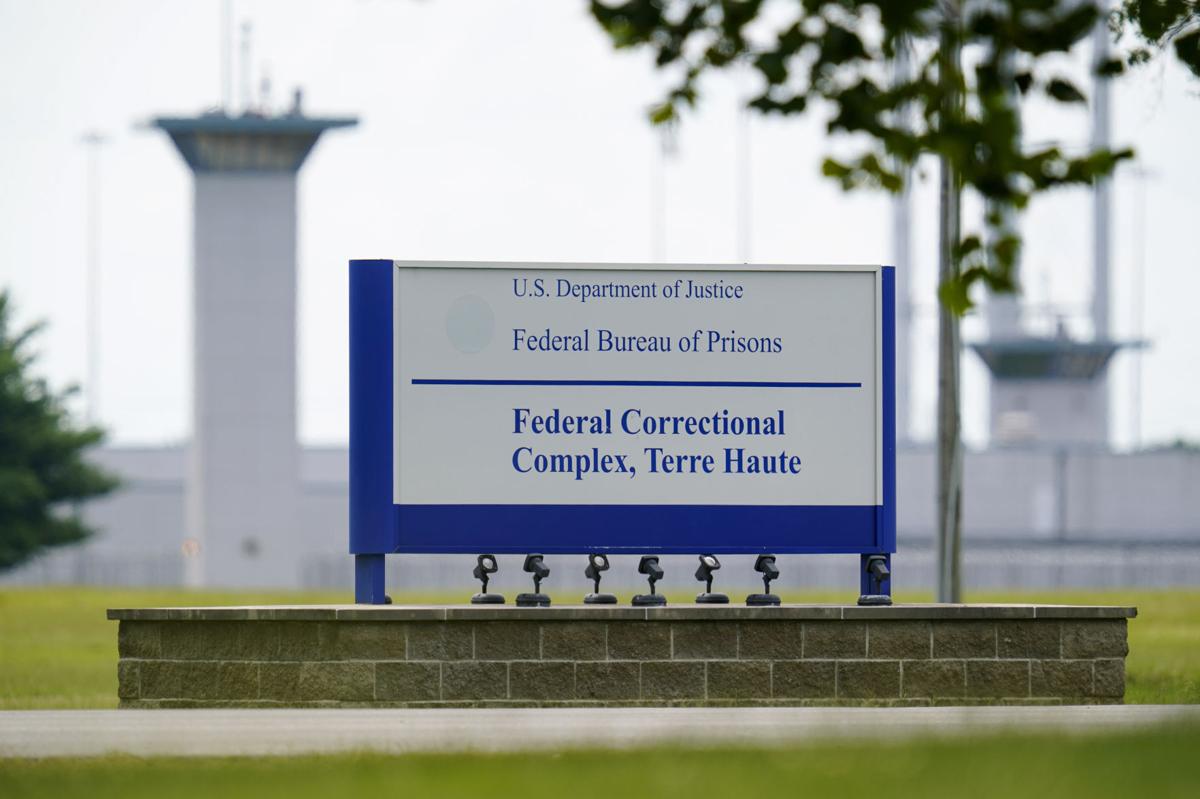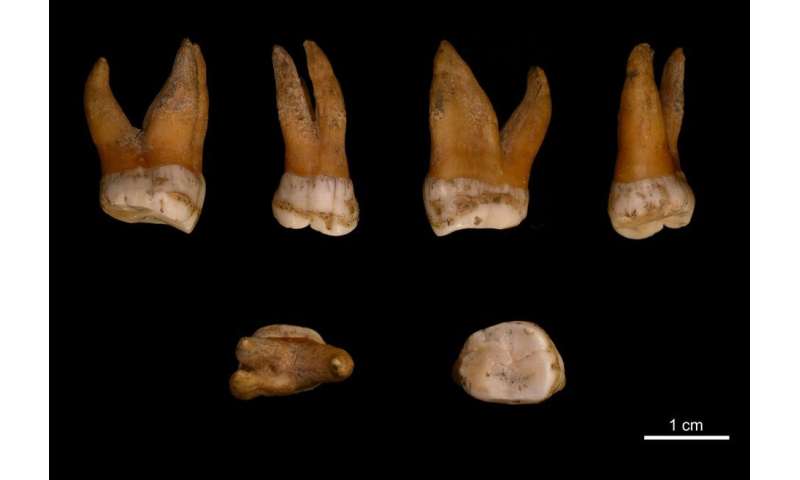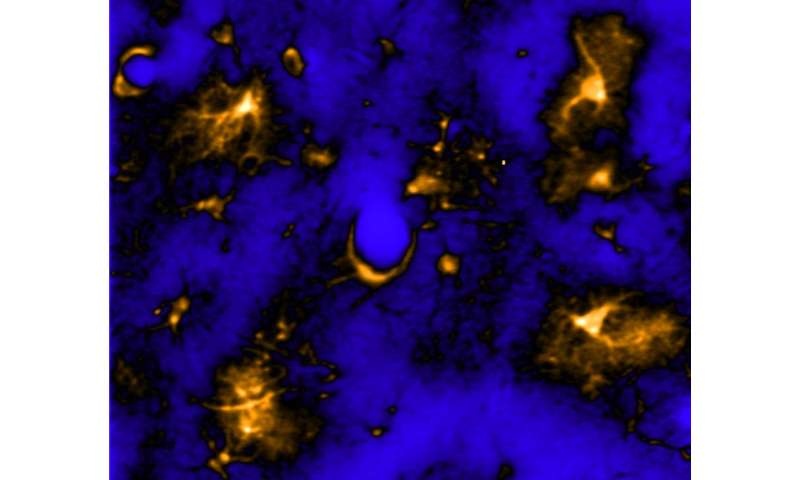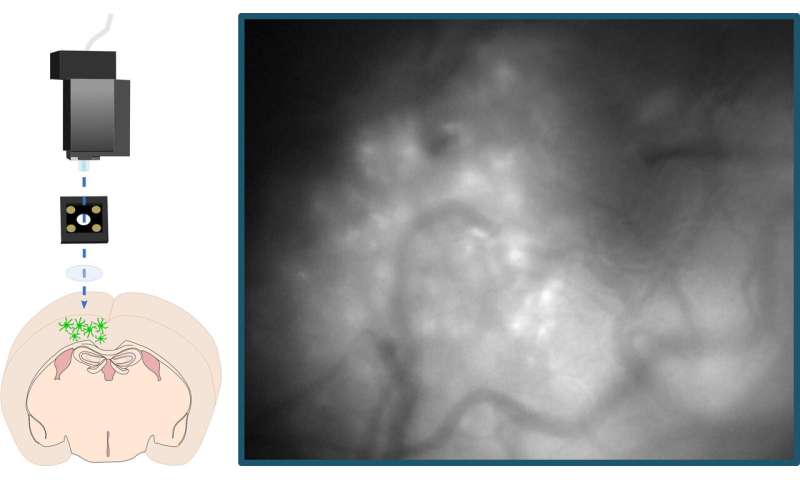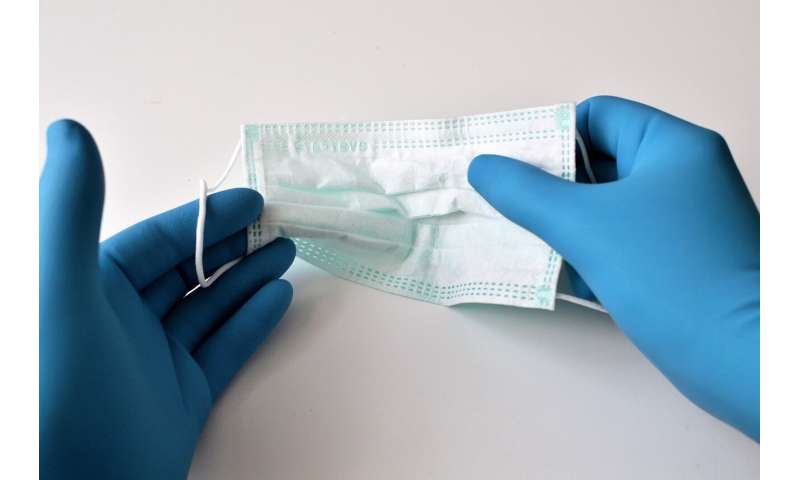Georgia Forrester, Sep 24 2020

MIRIAM ESPACIO/ UNSPLASH
There's been no recognition for the thousands of people who were tortured and burned at the stake during witch trials 300 years ago, a lawyer says. (File photo)
A lawyer is on a mission to pardon thousands of women who are still classified as being “witches” in Scotland.
Dating back nearly 300 years, Scotland’s past saw women tortured and burned at the stake as ”witches”.
But Claire Mitchell QC wants a legal pardon to be given to those who were condemned under the Witchcraft Act 1563.She’s launched a Witches of Scotland campaign, aiming to help bring about an apology – like that given to the victims of the trials in the 1690s in Salem, Massachusetts.
READ MORE:
* The worldwide hunt for the bones of a 'witch'
* It's Witchcraft! Sabrina, Suspiria and pop culture's occult romance
* Salem witch trials house is for sale
* The Witches: a cautionary tale of mass delusion
* Stacy Shchiff's The Witches a terrific account of the Salem witchcraft trials
The Witchcraft Act remained in force until 1736, and more than 3000 people, the majority women, were accused of witchcraft.
It’s believed about 2600 people were executed by being strangled and then burned at the stake. Many people were also tortured.
Methods of torture included using sleep deprivation until people confessed to their crimes, as well as pricking people’s skin to see whether they bled, the Witches of Scotland website states.
People were also stripped naked to see if any “witches mark” could be found on them, and torture by crushing and pulling out nails was also used.

FREESTOCKS/ UNSPLASH
Nearly 300 years ago, many people, namely women, died in witch trials. (File photo)
Mitchell told the Observer that unlike Salem, there has been no recognition of those who died in Scotland during the trials.
“There should be an acknowledgement that what happened to these women was a terrible miscarriage of justice,” she was reported saying.
The Guardian reported that according to Mitchell, accusations of witchcraft were four times higher in Scotland than elsewhere.
“It was an incredibly sad period in the history of women,” she said. “These women were voiceless, unable even to speak in their own defence. We need to publicly recognise the terrible wrong done to them.”
The campaign aims to achieve three things: a pardon, an apology and also a national memorial.
An application to the Scottish parliament’s justice committee for a pardon for those executed is expected to be lodged in 2021, The Guardian reported.
Stuff
